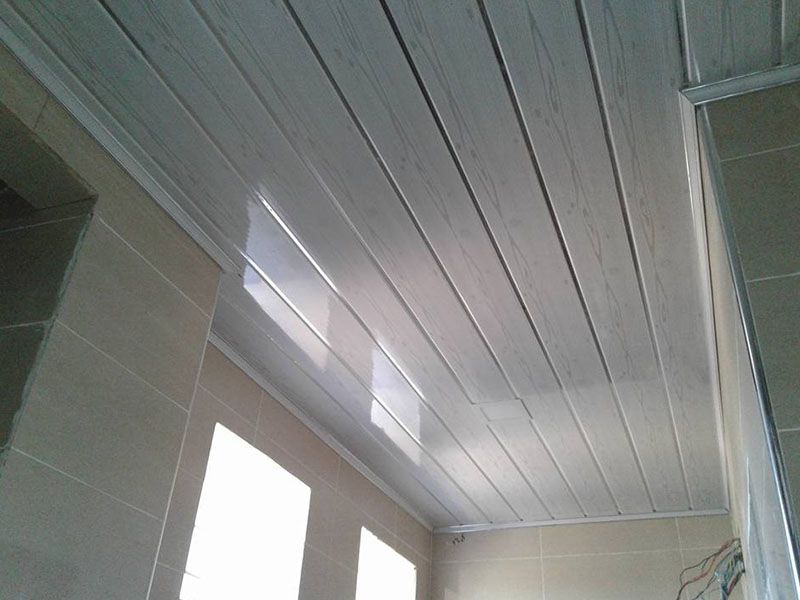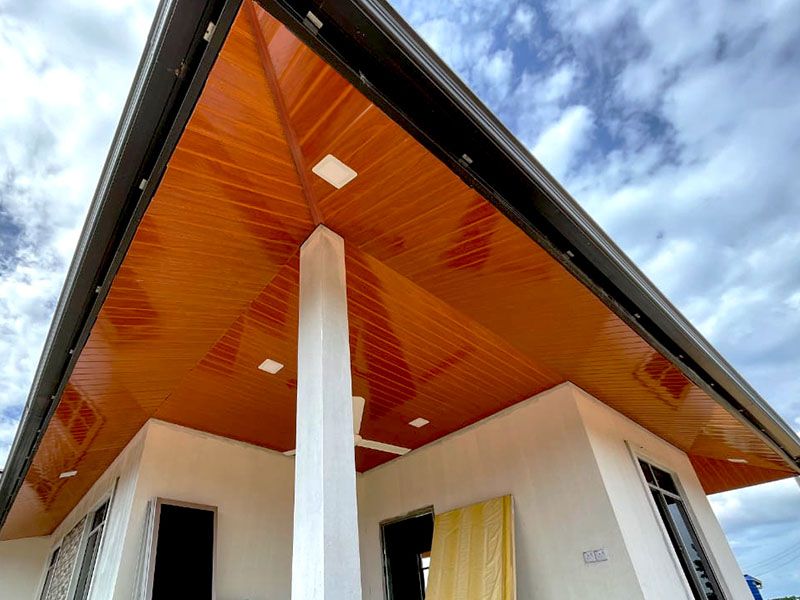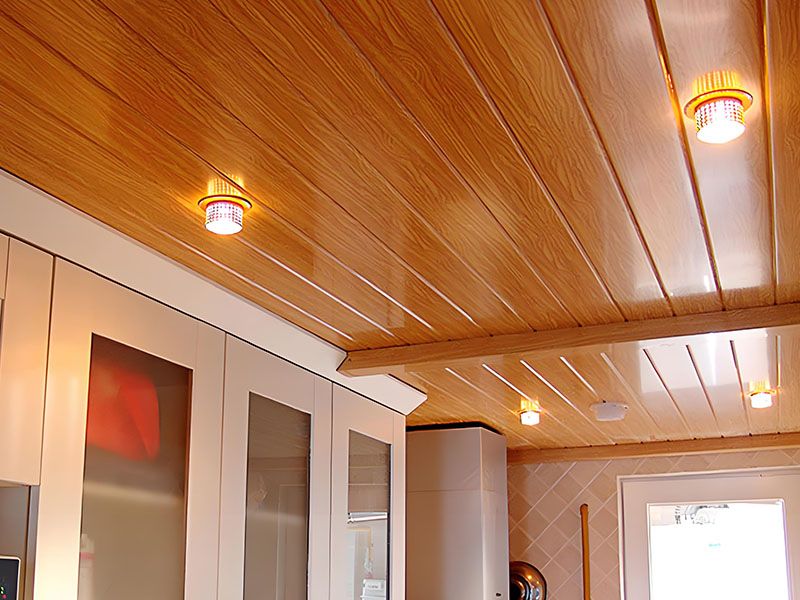Driving Cleanliness Up: The Advantages of PVC Ceilings in Car Wash Facilities
Car wash facilities are unique environments where water, chemicals, and high humidity are constant factors. The choice of building materials in such a setting isn't just about aesthetics; it's fundamentally about durability, hygiene, and long-term cost efficiency. When it comes to ceilings, PVC (Polyvinyl Chloride) ceiling panels offer a compelling, high-performance solution perfectly suited to the demanding conditions of a car wash.
The Unforgiving Car Wash Environment
Imagine the interior of a car wash tunnel: pressurized water jets, foaming detergents, waxes, steam, and constant ventilation. These elements create an extremely challenging atmosphere for conventional building materials:
- Constant Moisture & High Humidity: The primary challenge. Traditional ceilings like plasterboard will quickly degrade, sag, grow mold, and require frequent repairs or replacement.
- Chemical Exposure: Detergents and cleaning agents, even in diluted form, can be corrosive and cause discoloration or breakdown of certain materials over time.
- Temperature Fluctuations: Rapid changes in temperature, particularly in automated tunnels, can also stress ceiling materials.
- Abrasive Residue: While less direct, airborne residue from cleaning can settle on surfaces, requiring robust cleaning methods.
Why PVC Ceilings are the Optimal Choice for Car Washes
PVC ceiling panels are engineered to thrive in such harsh conditions, offering a host of benefits that make them ideal for car wash facilities:
- 100% Waterproof and Moisture Impervious: This is the paramount advantage. PVC panels are completely non-absorbent. They will not rot, swell, delaminate, or grow mold or mildew, even under direct and constant water exposure. This eliminates the persistent structural damage and unsightly deterioration common with other materials.
- Exceptional Chemical Resistance: PVC is highly resistant to a wide range of chemicals, including those typically found in car wash soaps, degreasers, and waxes. This ensures that the ceiling maintains its integrity and appearance without discoloration or material breakdown over time.
- Hygienic and Easy to Clean: The smooth, non-porous surface of PVC panels prevents the accumulation of dirt, grime, and chemical residues. They can be quickly and easily hosed down or wiped clean with minimal effort, maintaining a pristine and professional appearance with ease. This also contributes to a healthier environment by preventing the growth of harmful pathogens.
- Durability and Longevity: Designed for demanding environments, PVC panels are remarkably robust. They resist impacts, scratches, and warping, ensuring a long service life with minimal need for repairs or replacement. This translates into significant cost savings over the lifespan of the facility.
- Corrosion Resistance: Unlike metal ceiling components that can corrode in high-moisture, chemical-rich environments, PVC is inert and completely resistant to rust and corrosion.
- Aesthetically Pleasing (and Bright): While functionality is key, aesthetics are still important. White or light-colored PVC panels reflect light effectively, making the car wash interior brighter and more inviting for customers. This improved visibility can also be a safety benefit for staff. Modern panels offer clean, sleek finishes that convey professionalism.
- Quick and Cost-Effective Installation: PVC panels are lightweight and designed for fast, straightforward installation, often using interlocking systems. This reduces labor costs and minimizes downtime during construction or renovation, allowing car wash operators to get back to business sooner.
- Low Maintenance: Beyond routine cleaning, PVC ceilings require virtually no maintenance. There's no painting, scraping, or sealing needed, drastically reducing ongoing operational costs and effort.
Applications within a Car Wash:
- Wash Bays/Tunnels: The most obvious application, where direct water and chemical exposure are highest.
- Drying Bays: While less direct water, humidity remains high, making PVC an ideal choice.
- Equipment Rooms: Protects ceilings from accidental splashes or leaks from machinery.
- Customer Waiting Areas/Offices: While not exposed to the same harshness, the easy-to-clean and durable aspects still make PVC a strong choice.
Conclusion
For car wash owners and developers, investing in PVC ceiling panels is a smart, strategic decision. It's a material designed to withstand the unique rigors of the industry, offering unmatched performance in terms of water and chemical resistance, hygiene, durability, and ease of maintenance. By choosing PVC, car wash facilities can ensure a clean, bright, and structurally sound environment that continues to operate efficiently and look great for years to come.




